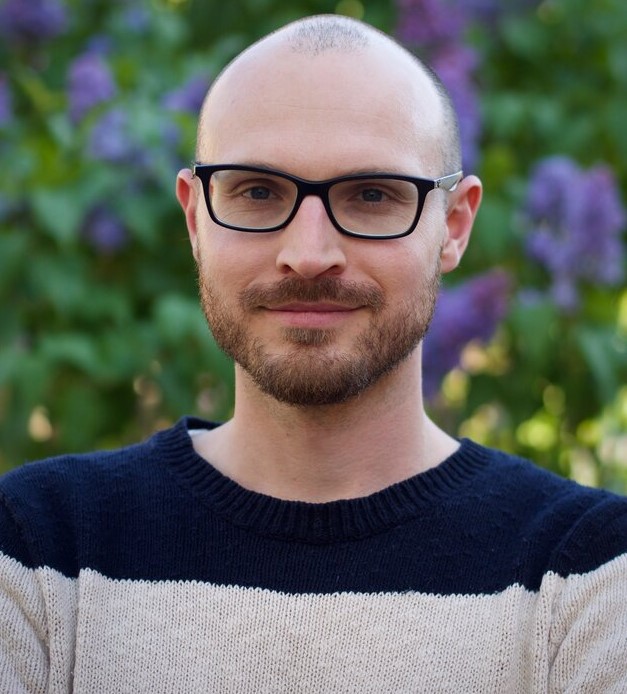With Giving Tuesday coming up, University of Guelph social scientist Dr. Ryan Briggs has some suggestions on how to make the right donation.
Giving Tuesday, which takes place on the Tuesday after Black Friday, is a global generosity movement when charities, companies and individuals rally for favourite causes.
Briggs said people should think about what they care about when they are determining where to donate.
“If your goal is to support your neighbourhood, then obviously you will have to look close to home,” he said. “However, if your goal is to help people in general then it almost always makes sense to donate to charities that work in low-income countries because your money can go much farther there. In essence, you can help many more people per dollar.”

Briggs, who is researching ways to make foreign aid more effective, said people often underestimate the gap between the most effective charities and the average charity.
He gives the example of a person donating to charity with the aim of helping people who have lost their sight.
“It costs around $50,000 to train a guide dog and the recipient, so if we donate $50,000 to an organization that provides such dogs we can help one person. But for the same budget you could pay for around 2,000 surgeries to cure trachoma in Africa, thus restoring the sight of 2,000 people. This sort of ridiculous difference between the most effective charities and the average charities is quite common.”
In terms of whether it is more impactful to give one large donation to a single charity or to spread it out among several, Briggs said it’s a personal choice.
While it may be more logical to put all your charitable funds into one highly effective charity, some people want to give to local charities in addition to supporting global causes because they feel a responsibility to their community, he said.
When looking for charities to donate to, Briggs suggests visiting GiveWell as a trustworthy source.
“Many people are skeptical of the ability of charities, especially those that work far away, to achieve good value for money. Skepticism is not a bad initial position, but the charities listed by GiveWell or The Life You Can Save have been carefully vetted and shown to have really outstanding value for money. Purely in terms of doing good in the world, giving $10 to one of them is kind of like giving $1000 to an average charity in Canada.”
He said not all charities are registered in Canada, meaning you may now get a tax receipt. If you channel your donations through the re-granting organization RC Forward, it will direct your funds to highly effective charities like those listed on GiveWell and get you a tax receipt.
Contact:
Dr. Ryan Briggs
rbriggs@uoguelph.ca
